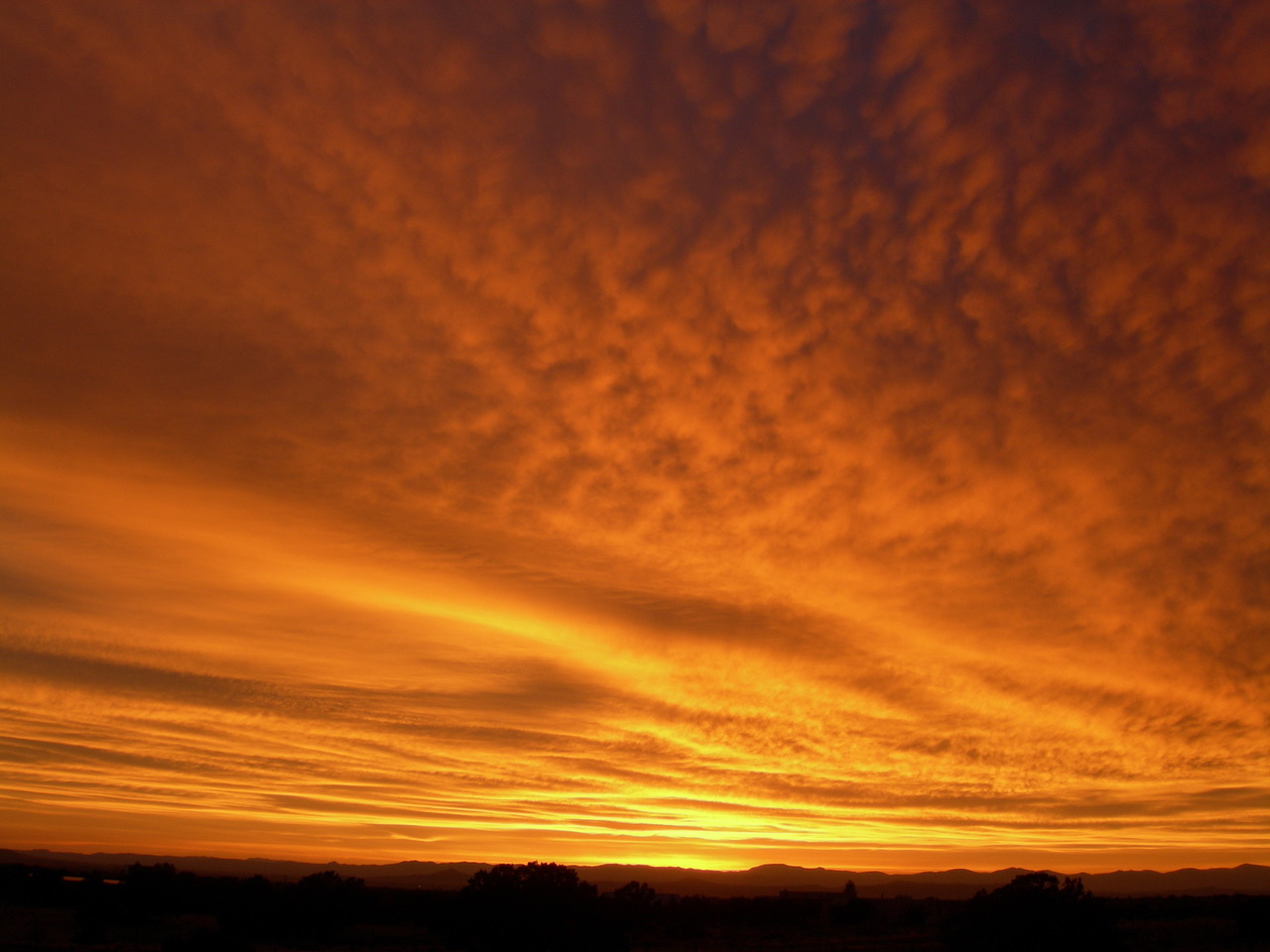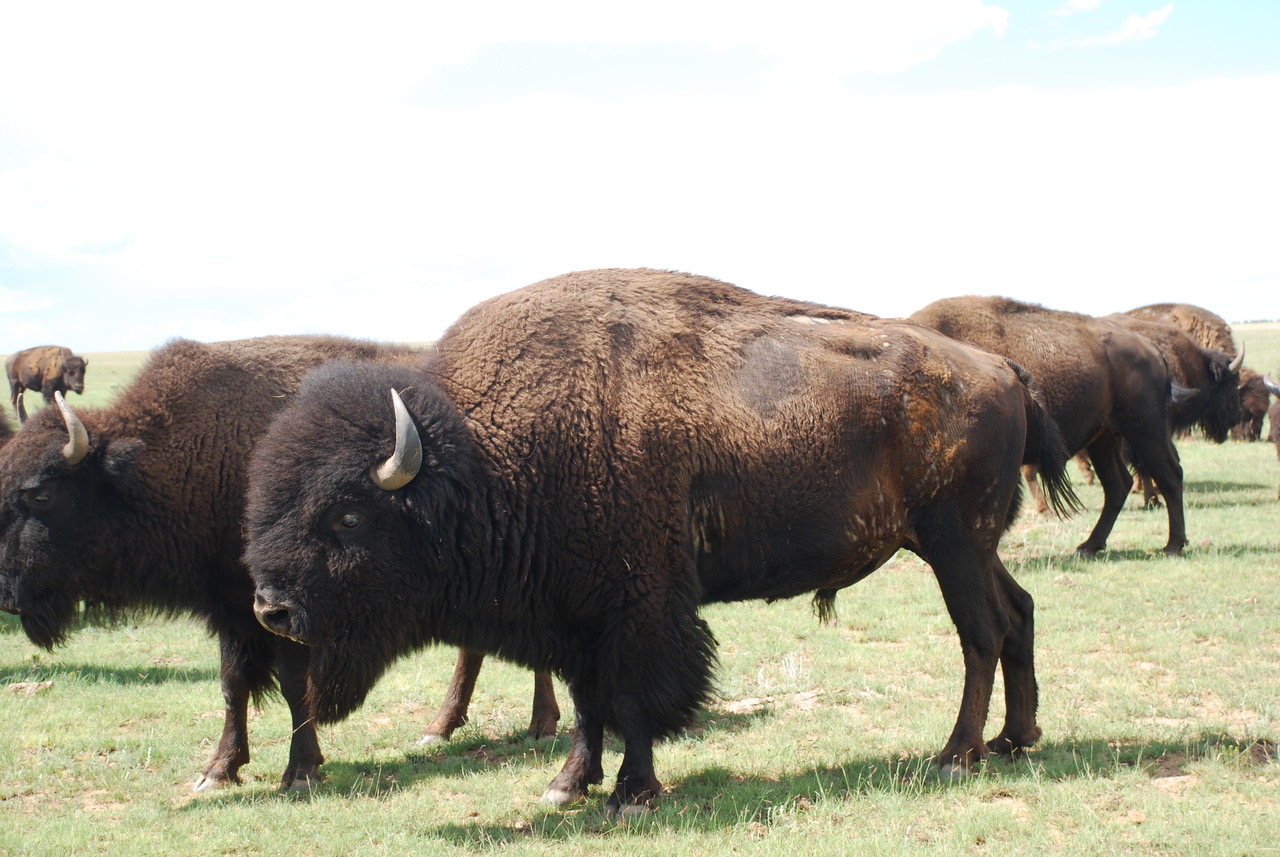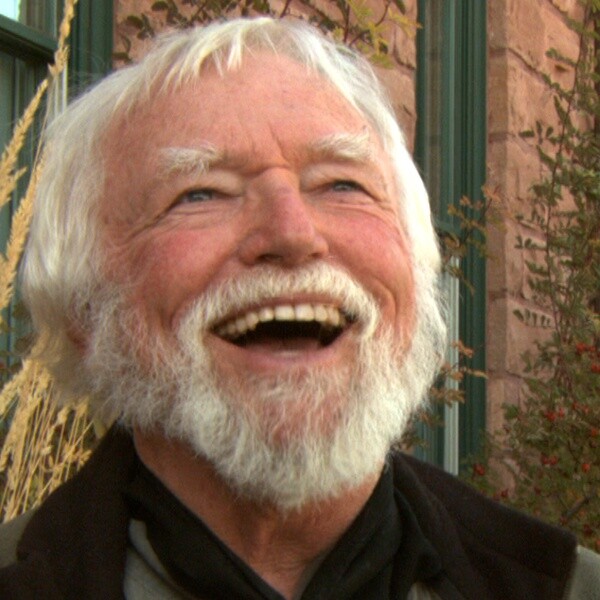The Ethics of Resistance
June 11, 2025
“A patriot must always be ready to defend his country against the government.” So said Ed Abbey. This holds true, especially now as an autocratic narcissist has somehow become the president of this nation, and is intent on the continued pillaging of our wildlands to support endless growth at great expense to the biotic community of our planet Earth. Our hardcore conservationist forebears—Aldo Leopold, Dave Brower, Martin Litton, Ed Abbey, Dave Foreman to name but a few, would not hesitate to rise to the occasion, nor should we.
For the last months, I’ve been working on preparation of an exhibit scheduled to open in a gallery in Santa Fe. The exhibition is titled Ethical Resistance, and delves into the necessity for defending what remains of our wildlands against corporate-driven oligarchic governance and legislation that violates Nature’s principles. Our nation is nearly as deeply divided as it was shortly before the Civil War, a war that was begot in large measure by differences in skin-tone of fellow humans.
In 1849, the great American philosopher, Henry David Thoreau wrote his famous essay titled Civil Disobedience. I include the first paragraph:
‘I heartily accept the motto, “That government is best which governs least”; and I should like to see it acted up to more rapidly and systematically. Carried out, it finally amounts to this, which also I believe— “That government is best which governs not at all”; and when men are prepared for it, that will be the kind of government which they will have. Government is at best but an expedient; but most governments are usually, and all governments are sometimes, inexpedient. The objections which have been brought against a standing army, and they are many and weighty, and deserve to prevail, may also at last be brought against a standing government. The standing army is only an arm of the standing government. The government itself, which is only the mode which the people have chosen to execute their will, is equally liable to be abused and perverted before the people can act through it. Witness the present Mexican war, the work of comparatively a few individuals using the standing government as their tool; for, in the outset, the people would not have consented to this measure.’
The entirety of this essay is available online and is at least as worthy of a deep read as it was when it was originally written by one of America’s greatest thinkers. It is absolutely applicable at this time in the United States of America when social and environmental consciousness is greatly jeopardized by erroneous governance—“the work of a comparatively few individuals using the standing government as their tool…”
Forty-nine years before Thoreau wrote this great essay, the human population of our planet Earth reached one billion. America was then in the early throes of ‘Manifest Destiny’, our country’s version of the holocaust, as we murdered or otherwise displaced Native Indigenous peoples in order to wrest their homelands from them as our “God-given right.” Now, our culture is murdering biotic communities in order to extract every last available resource in the name of growth. Again, I cite Ed Abbey: “Growth for the sake of growth is the ideology of the cancer cell.” To which Dave Foreman brilliantly responded, “I sometimes tell people that I think the Earth evolved some of us—if you look at the human race not as the consciousness of the Earth, but as the cancer of the Earth—that we’re a disease ecologically, and that maybe Nature has evolved some of us as anti-bodies.”
Ed and Dave remain pillars of the conservation/environmental movement. Both were men of great courage, and neither of them ever relinquished their principles. I personally know this to be true.
It took just over 200 years for the human population of our planet Earth to grow from one billion to eight billion. In 1968, when the population ranged between three and four billion, a brilliant human ecologist, Garrett Hardin, wrote his masterful essay, The Tragedy of the Commons. In this essay, Hardin used as an example a community of residents in the English countryside of a couple of centuries past who claimed common pastureland for their cattle, sheep, and other critters. As time wore on, it became apparent that as more animals were let loose into the common pastureland, the land itself suffered from over-grazing and other problems associated with too many animals in too little space. The continuing desolation of shared habitat became common knowledge among the neighbors, yet they continued to add ever more animals, and finally the common pastureland was so seriously compromised that it could no longer support the animal population. In a recorded conversation, Dr. Hardin concluded, “…the one clear thing is that the commons cannot possibly work when the population grows too great.” The tragedy was that the local population realized in advance that if they added more animals, the commons would fail, YET THEY DID IT ANYWAY.
I read this essay in 1970, and it has become an important cornerstone in my own brand of environmentalism, namely, the population of the human species has grown too great to be supported by the commons that is our planet Earth. We erroneously comport ourselves as if we were Nature’s reason to be. Wrong! Nature is its own reason to be.
We create governing bodies to fulfill presumed human needs. This is a tremendous flaw born of erroneous cultural attitudes shaped over the millennia by religions, human hierarchical propensities (pharaohs, priests, politicians, etc.), basically those who seek power for its own sake…. “the most depraved, criminally violently insane—generals and dictators” in the words of Brother Abbey.
Since the end of World War II, our cultural perspective—our commons of human consciousness—has been subsumed by the corporate dictum of planned consumerism. There are now four generations of Americans who live within this corporate bias. And now, that bias is itself being re-shaped by artificial intelligence, the digital realm claiming ever more of our collective attention. Thanks to attendant techno-philia, our very humanity is slipping away to be replaced by what?—the digital dreams of a coterie of billionaires and their minions who are shoring up their personal guarantee of survival at the expense of the general population, itself grown so great that disaster is now inevitable? This is the technocratic dictatorship that Ed Abbey regarded as our worst nightmare.
I vigorously do not approve of that sort of collective dream.
Over the last seven decades of my nearly ninety years on our planet Earth, I’ve tended to the perspectives of a particularly diverse swath of fellow humans and other fauna—and even flora into whose purview I’ve strayed. At one point, I lingered long in an hypothesis presented by Chilean biologist, Humberto Maturana, who forwarded the notion that life and cognition are two aspects of the same phenomenon, even at the cellular level. I interpret this to mean that cognition is essential for any organism to remain alive, be it mosquito, dandelion, or even a single cell in my big toe. I also consider that the tome of science largely supports the notion that about 3.8 billion years ago, here on our young planet Earth, a living cell popped into being, perhaps near a hydrothermal vent in an early liquid porridge, a cell that reproduced and thus became the last universal common ancestor (LUCA) of all life that has proliferated through almost every conceivable evolutionary process through time to date. What a thought!
A tiny cognitive speck of life that spawned us all. The maple tree, the western tanager, the mushroom are my distant cousins, as is every other organism that has passed through life on our planet Earth, including the current president of the United States, though it pains me deeply to admit that. All life intermingles within a living system borne by the flow of Nature across the face of our planet Earth through time. How rich is our biotic community! How paltry is our human perspective that has failed to thwart our collective appetite for more and more and more. Yet human consciousness is an extraordinary byproduct of evolution of life on this tiny blue dot adrift in space.
Are we as a species about to squander what remains of our resources contained within a biotic community that is already jeopardized by the false dream of presumed human needs? Are we as a biological species allowing our collective consciousness to be subsumed by a digital steering committee directed by Artificial Intelligence? Or by a cohort of billionaires whose wealth they presume entitles them to control the fate of our species and many others? Indeed this is the ultimate ignominy. We are petrifying our consciousness by committing an unforgivable crime against our planet Earth, the only home in the Universe that is rightfully ours, the only planet on which our cellular structure may dance to the song of life as we know it. We are presently engaging in a tragedy of the commons, but on a planet-wide scale.
There yet remains a cadre of us who have invested our lives in hard-core environmentalism, be it of the Earth First! variety; the traditional environmental organizational variety; preservation of wildlands variety; radical environmentalism based on individual imagination; preservation of Indigenous Mindedness as a source for re-wilding human consciousness; or all the above, and more—far more. We have a collective inkling of what must be done in a time when environmental and social activism are fast becoming illegal according to the absolutely erroneous perspective of the so-called governing powers that be.
Our activism is based on ethics and intuition of what is appropriate and what is not. We are a fellowship, a Gaian fellowship to which it is a high honor to belong. We are individuals with imagination, who are stout-hearted, who know that we must react as individuals or in groups to defend our planet Earth from others of our species who would ever perpetrate the final tragedy of the commons.
We are practitioners of the ethics of resistance. As old Uncle Walt vigorously advised, RESIST MUCH—OBEY LITTLE.
Jack Loeffler is an aural historian, environmentalist, writer, radio producer, and sound-collage artist. He is the author or editor of many books, including Headed Into the Wind: A Memoir, Thinking Like a Watershed: Voices from the West, Survival Along the Continental Divide: An Anthology of Interviews, Adventures with Ed: A Portrait of Abbey, and A Pagan Polemic: Reflections on Nature, Consciousness and Anarchism.
Check out the Rewilding Earth Podcast interview with Jack here: “Episode 63: Jack Loeffler on Rewilding Human Consciousness and Tales From An Extraordinary Life.”





